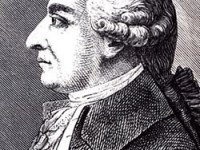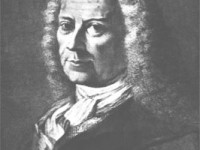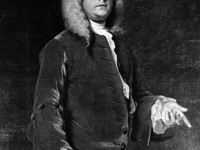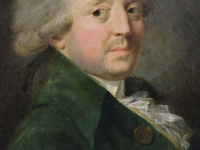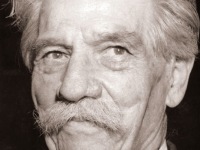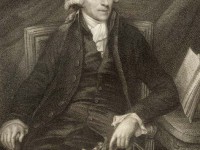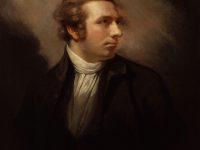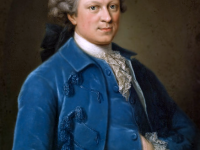The Case of the Last Condemned Witch – Anna Göldi
On June 13th 1782, the maidservant Anna Göldi from the tiny Swiss canton Glarus was executed by the sword as being one of the very last women in Europe condemned for witchcraft. Concerning her case also for the very first time the term ‘judicial murder’ has been coined. Anna Göldi – Background Anna Göldi came from a poor background and worked as a maid. She gave birth to two children. The first died shortly…
Read more


